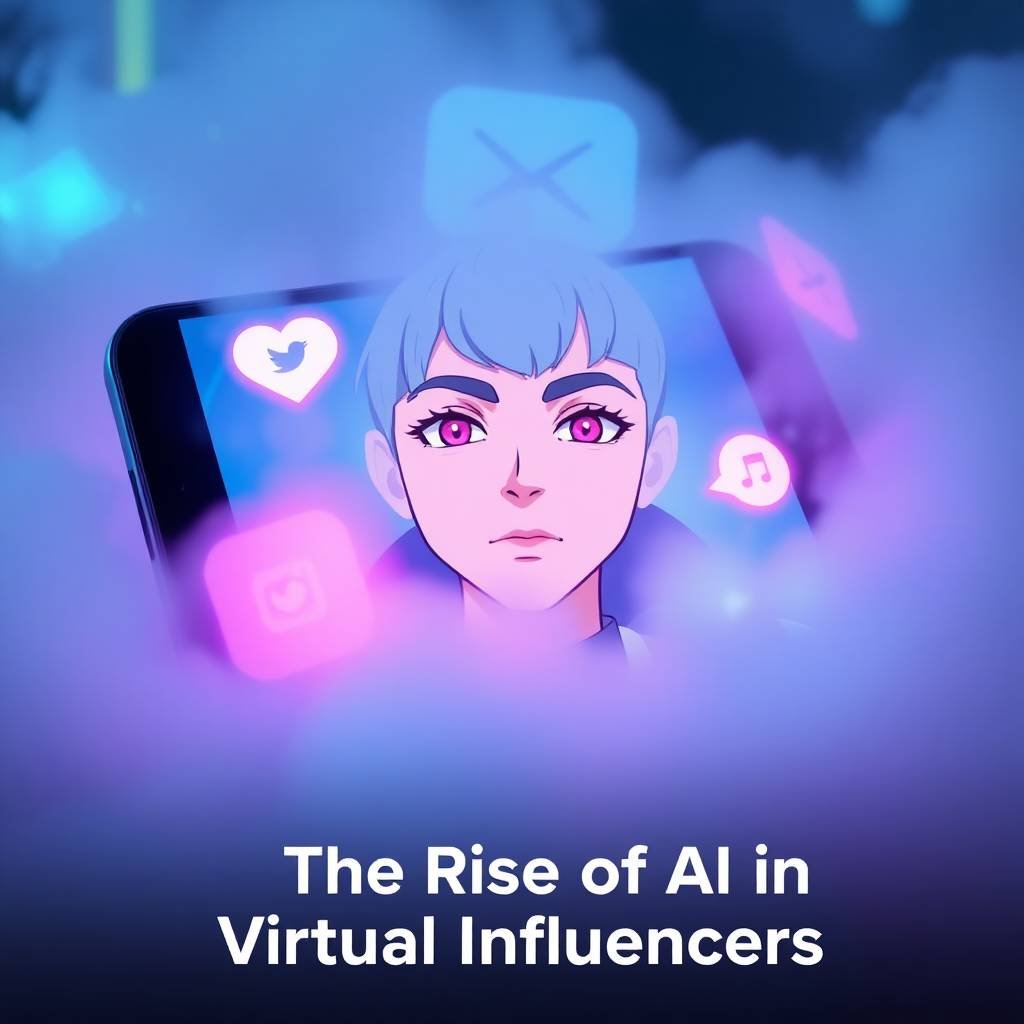Introduction
The digital landscape is constantly evolving, and one of the most exciting developments in recent years is the rise of virtual influencers. Unlike traditional influencers, these computer-generated personas, powered by Artificial Intelligence (AI), are taking the social media world by storm. By combining cutting-edge technology with creative storytelling, virtual influencers are offering brands and audiences a fresh and innovative way to engage.
Current Applications of AI in Virtual Influencers
Content Creation and Engagement
AI-driven virtual influencers are at the forefront of creating engaging content across various social media platforms. These digital personas utilize machine learning algorithms to generate captivating posts, stories, and videos that resonate with their target audiences. By interacting with followers through comments and direct messages, virtual influencers maintain an active and dynamic online presence, effectively engaging with their audience.
Brand Collaborations
Virtual influencers are increasingly becoming valuable assets for brand collaborations and marketing campaigns. With their unique and consistent voice, these AI-powered personas can promote products and services, offering brands a novel way to reach and connect with consumers. By analyzing audience data, virtual influencers can tailor their content to maximize engagement and impact, making them a strategic choice for brands seeking innovative marketing solutions.
Benefits of AI in Virtual Influencers
Consistent and Controlled Messaging
One of the key advantages of virtual influencers is their ability to deliver consistent and controlled messaging. Unlike human influencers, virtual personas can be precisely programmed to align with a brand’s image and values. This consistency ensures that every interaction remains on-message and strategically aligned, enhancing brand integrity and audience trust.
Cost-Effective and Scalable
Virtual influencers offer a cost-effective alternative to traditional influencer partnerships. Once created, these digital personas can be scaled across multiple platforms and campaigns without the constraints of human schedules and availability. This scalability provides brands with flexibility and extended reach, allowing them to engage with a broader audience efficiently and economically.
Challenges and Considerations
Authenticity and Trust
A primary challenge for virtual influencers is authenticity. As AI-generated personas, they do not have the genuine human experiences that help build trust and relatability with audiences. Brands must carefully balance leveraging AI technology with maintaining authenticity to ensure genuine connections with consumers.
Ethical Implications
The rise of virtual influencers introduces ethical questions about transparency and disclosure. It’s crucial for brands to be open about the virtual nature of these influencers to avoid misleading audiences. Establishing clear guidelines and ethical standards is essential for the responsible and transparent use of virtual influencers in marketing.
The Future of AI in Virtual Influencers
As AI technology continues to advance, the role of virtual influencers is poised to expand significantly. Future developments may include more sophisticated AI algorithms capable of exhibiting human-like emotions and interactions, enhancing the realism and engagement of virtual influencers. This evolution could lead to even more immersive and personalized experiences for audiences.
Additionally, virtual influencers could become integral to virtual reality (VR) experiences, offering brands new opportunities for immersive marketing interactions. By integrating virtual influencers into VR environments, brands can create engaging and interactive experiences that captivate audiences and foster deeper connections.
Conclusion
AI is revolutionizing the influencer industry through the rise of virtual influencers, offering innovative ways for brands to engage with audiences. While challenges remain, particularly regarding authenticity and ethics, the potential benefits of AI in this field are significant. As technology continues to evolve, embracing AI will be essential for marketers seeking to innovate and connect with consumers in the digital age. With the continued rise of virtual influencers, the future of influencer marketing looks set to be more dynamic and impactful than ever before.

